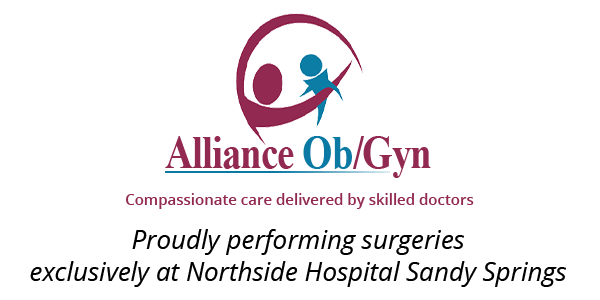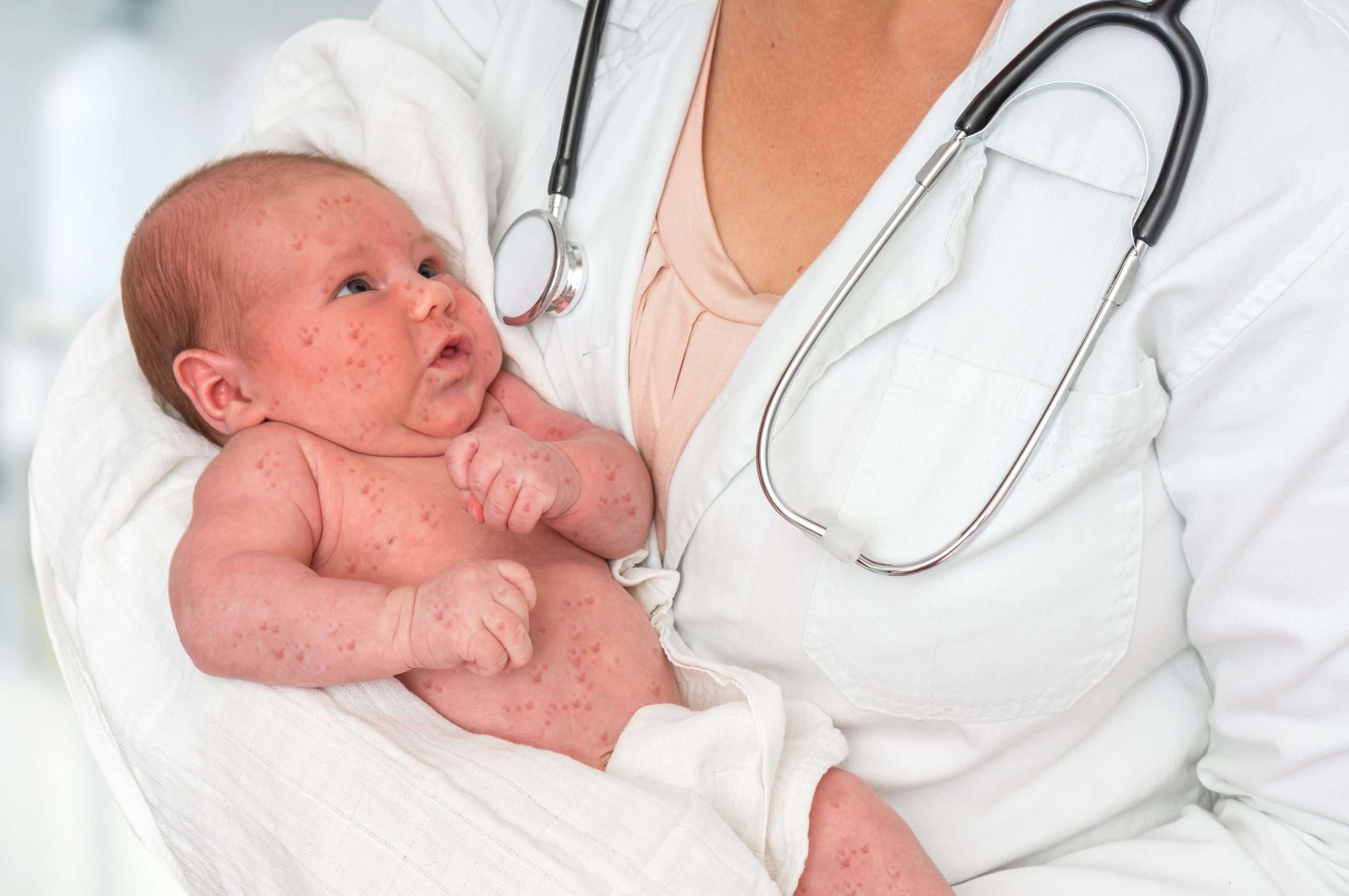
Navigating the Second Trimester: A Guide to a Healthy and Enjoyable Journey
The second trimester of pregnancy is often referred to as the “honeymoon period.” This phase, spanning from weeks 13 to 26, is typically marked by a decrease in early pregnancy symptoms and a growing excitement as the baby’s development becomes more evident. However, it’s also a crucial time for careful management of your health and well-being. Here’s what to expect during the second trimester and how to navigate it with confidence.
Understanding the Changes
During the second trimester, many women notice a significant improvement in nausea and fatigue, and they experience increased energy levels. This period also brings visible changes to your body as your belly expands to accommodate the growing fetus. Feeling your baby move for the first time, usually between 18 and 22 weeks, is another exciting milestone.
It’s also a critical time for fetal development. The baby’s organs continue to mature, facial features become more defined, and fingerprints form. By the end of the 26th week, the baby’s eyes can open and close.
Staying Healthy: Nutrition and Exercise
A balanced diet rich in essential nutrients is crucial during the second trimester. Focus on incorporating a variety of fruits, vegetables, whole grains, lean proteins, and dairy products into your meals. Iron and calcium are particularly important during this stage to support fetal development and maintain your energy levels and bone health.
Regular, moderate exercise can help alleviate common second-trimester issues like back pain and support a healthy weight gain. Activities like swimming, walking, and prenatal yoga are excellent choices. Always consult with your healthcare provider before starting or continuing any exercise regimen during pregnancy.
Medical Appointments and Tests
The second trimester includes several important medical appointments and screenings. These typically include the anatomy scan ultrasound around 18 to 22 weeks, which examines the baby’s development and can often reveal the baby’s sex. You’ll also undergo screenings for gestational diabetes and possibly other tests based on your individual health profile and risk factors.
What to Avoid
Maintaining a healthy environment is essential during the second trimester. Avoid substances that can harm fetal development, such as alcohol, tobacco, and illicit drugs. Be cautious with medications and always consult your healthcare provider before taking any new prescription, over-the-counter drug, or herbal supplement.
It’s also wise to avoid foods that pose a risk of infection, such as unpasteurized cheeses, deli meats, and certain types of fish that are high in mercury. Additionally, steer clear of activities that have a high risk of falls or abdominal injury.
Listening to Your Body and Mind
As your body continues to change, pay attention to its signals. Rest when you need to, stay hydrated, and don’t hesitate to contact your healthcare provider if you have any concerns. Mental health is equally important; feel free to seek support from friends, family, or a professional counselor if you’re feeling overwhelmed.
Preparing for What’s Ahead
While enjoying the relative calm of the second trimester, it’s a good time to start planning for the arrival of your baby. Consider beginning to prepare the nursery, researching childbirth classes, and discussing your birth plan with your healthcare provider.
The second trimester is a time of rapid growth and exciting milestones. By taking care of your health, staying informed, and preparing for the future, you can navigate this phase with confidence and joy, setting the stage for a healthy pregnancy and a happy baby.
Further Reading:
What to Expect: https://www.whattoexpect.com/second-trimester-of-pregnancy.aspx



